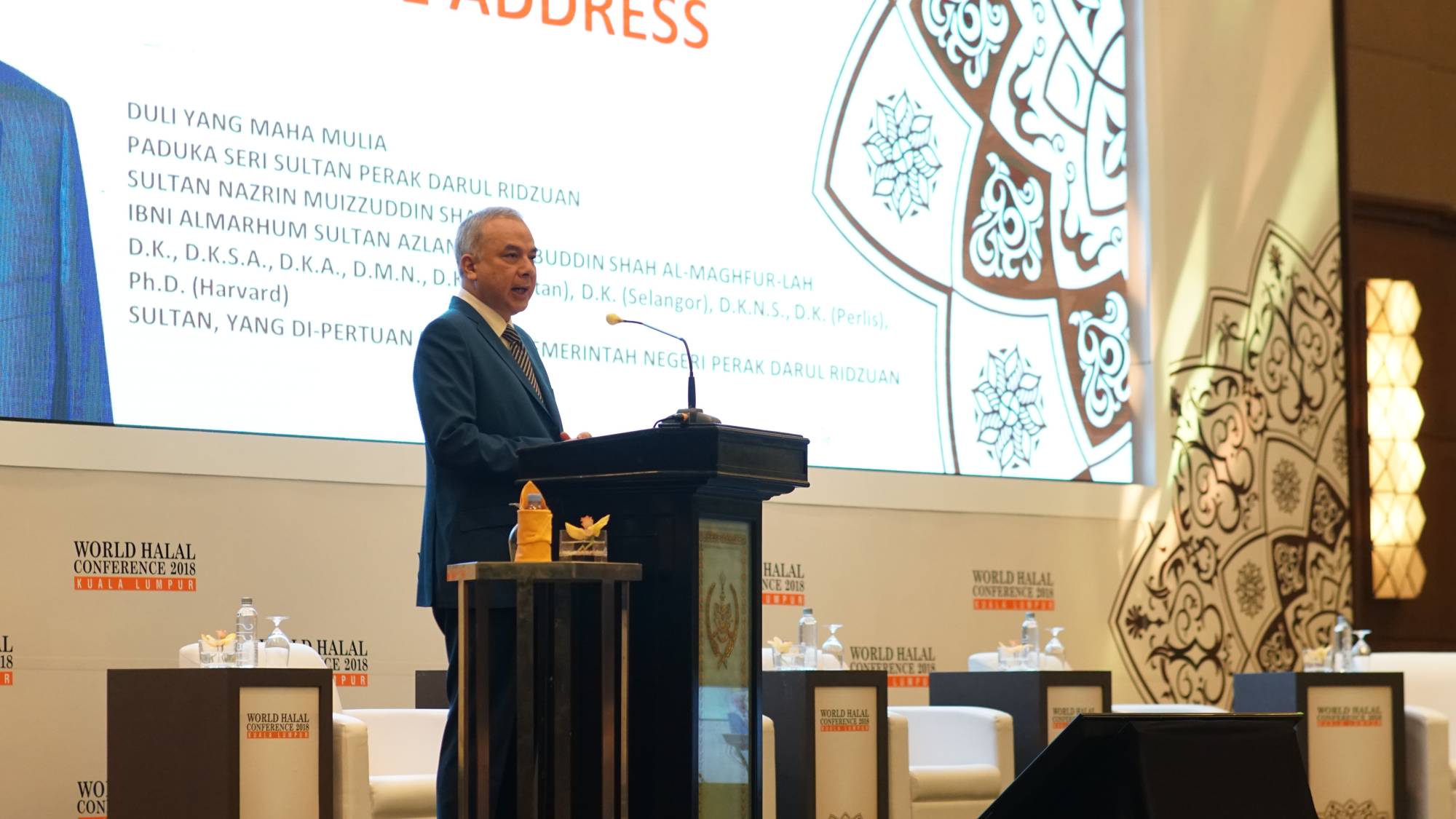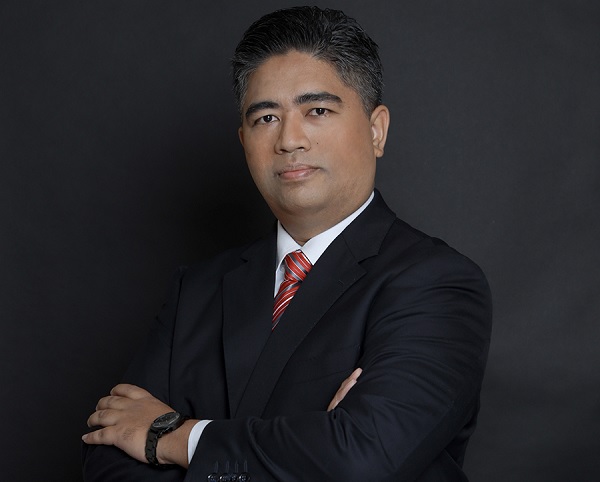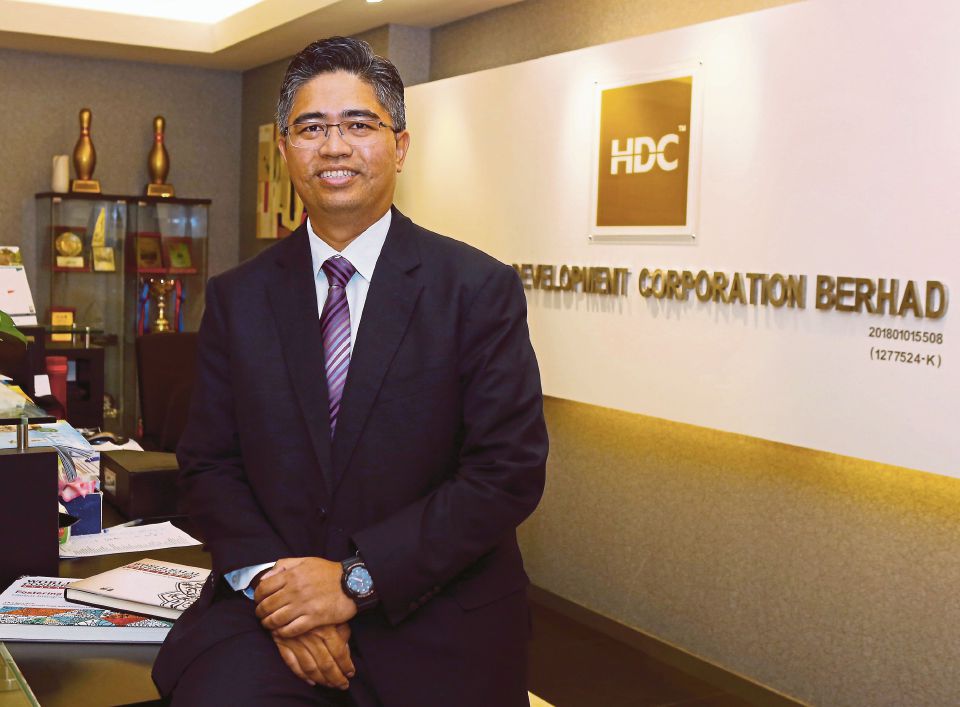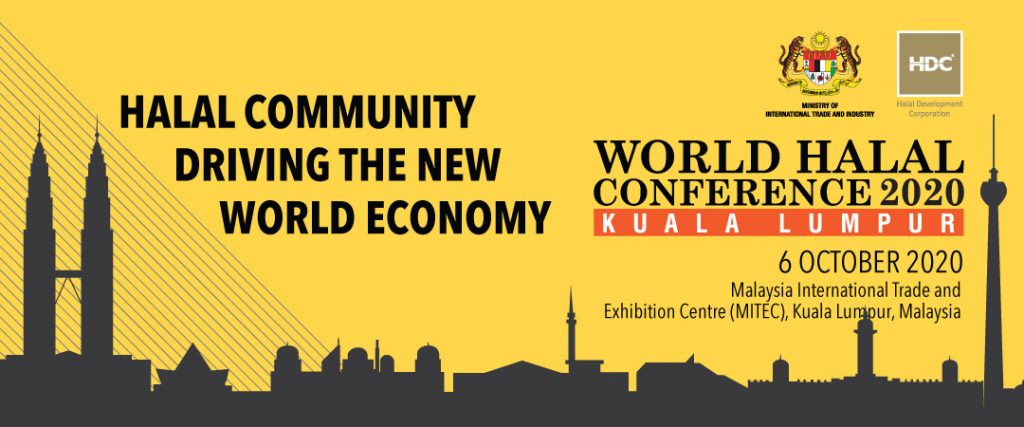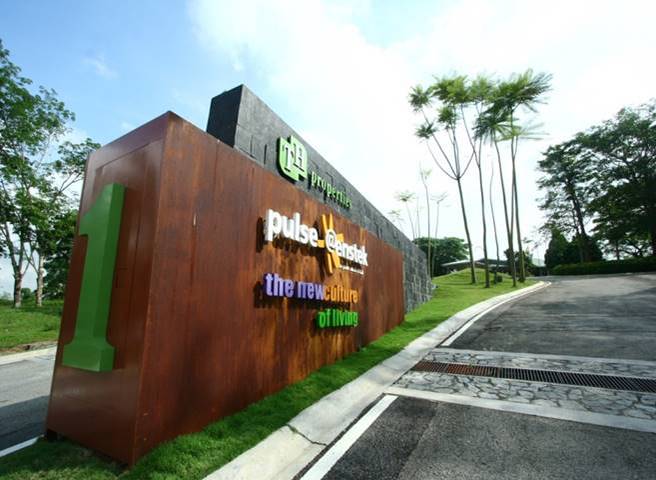How communities will adapt to challenges arising from the coronavirus pandemic is a question that will be unfolding for years to come.
The international halal community is no exception, according to Halal Development Corp. CEO Hairol Ariffein Sahari, but he hopes that solutions can be found “… for the halal players who have been impacted by the (coronavirus) crisis.”
The World Halal Conference (WHC) 2020 — held both online and offline in Kuala Lumpur on Oct. 6 — seeks not only suggestions as to how the halal sector should address repercussions resulting from the pandemic, but also how to embrace the challenges and opportunities rising from increased global demand for halal products and services.
The annual conference is renowned as a platform where international networking between government heads, scholars, entrepreneurs and industry leaders takes place to answer questions such as, “How can the global halal ecosystem best evolve?” and “What potential within the halal economy is yet to be explored?”
With over 40 years of developing its own robust halal industries, Malaysia is well-positioned to help answer such questions.
A meeting between various ambassadors at the WHC panel session, Empowering the Halal Community, will reveal not only each ambassador’s view as to how Malaysia has grown its halal sector, but also how such expertise may be recalibrated at government-to-government levels abroad to create new ecosystems and accelerate global halal industry growth.
“There’s no need for Malaysia to keep this information to ourselves. Cross-border trade, investment, quality employment and technology sharing are the objectives of the conference this year,” Hairol said.



